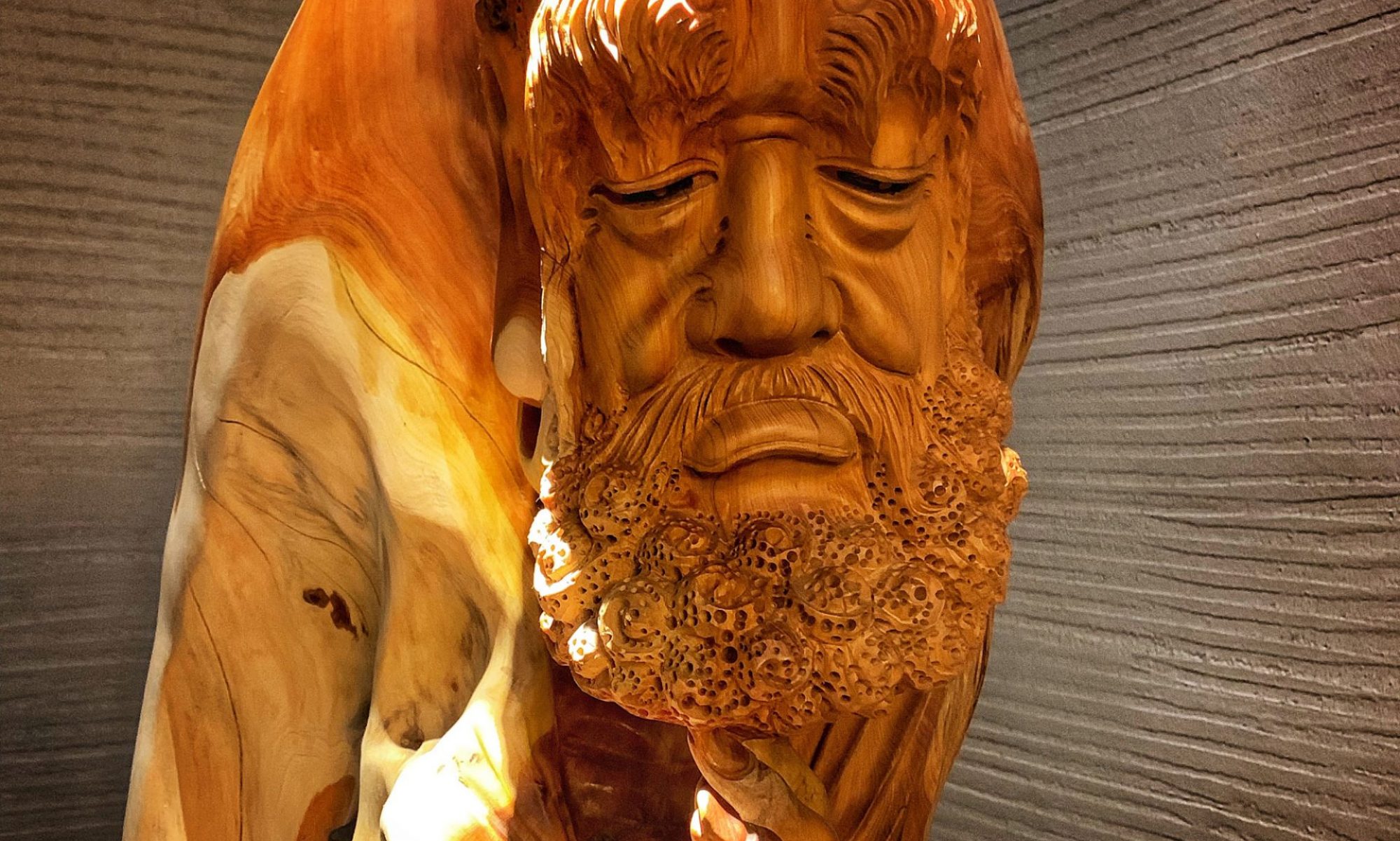Just as ego has many disguise or relatives, wisdom too has its own retinue of wholesome states. The most basic wisdom is common sense. And yet common sense is not that common these days. Not that we are dumb, but conditions are such that it does not encourage us to ponder or to reflect whenever a situation were to arise. It is the pondering and the know-how to resolve a situation that brought about common sense. It is an irony that the more advance the world is, the more ignorant we become.
Open inquiry is the basis for the arising of wisdom. If I were to read a phrase and it strikes me that the author is trying to convey a message, I will ponder upon it. I will not give a presumptuous answer to it and do my level best to understand which angle the author may be coming from. My ability to ponder is already an indication that I am opening up to inquiry. And if I don’t get any satisfactory answer from whatever knowledge I already have, I will leave that statement aside without brushing it off as unimportant. A day will come when another point of view from another writer may strikes me to revisit what I have read or probably what I have shallowly understood at that point of time. This revisiting may be something automatic that is occurring in the mind, without me needing to try remembering the connection of both. How can this happen? It is because I have directed the mind to put the meaning aside first, allowing the mind to match my future data. In other words, I am putting the mind on call, instead of a presumptuous judgement or idea that kills the possibility of a future understanding to arrive. I can’t force wisdom to arise except to plant the condition in the mind for it to take its course.
The mind is simply a tool for growing wisdom. If unattended it will remain status quo and thus ignorance sets in. It is the nature of the mind to hold on to where it is. Clinging to what is is the basic instinct of the mind – simply because perception in the past determines what is in the now. If I don’t bring up an openness to inquire, I am simply living an old ideas. The mind only works when it is directed. As such an untrained mind can achieve nothing. What kind of training? Worldly training is one, spiritual training is another. In spiritual training, the key purpose is to understand oneself better and to develop qualities of mind that brings about peace, love and freedom.
In the meditative factors of enlightenment there are seven in number commencing with awareness as its foundation. To be able to open to inquiry, I am invited to be fully present to what is without resisting or holding on to my own personal views or ideas. Only then can I look at what is in a new perspective and inquisitiveness. Thus inquiry or investigative nature, is second after awareness. When inquiry is introduced to the mind, my past understanding will naturally look through its data bank to match its own understanding with what is. That is effort in action. I don’t give what I inquire an answer. I allow understanding to do its work – searching for clues and information of that inquiry. When there is the natural effortless effort of inquiry, joy arises due to inquisitiveness. And the joy propels deeper observation that has stillness in it. In the stillness there is wise attention to what is being observed – simply bearing witness without trangression of any sort to the nature of what is. Stillness culminates in concentration – the ability to prolong the observatory state. And concentration leads to equanimity to things as they really are – being impartial to what is.
In daily living the seven factors take on a different form. They are the basis of wisdom. There is presence to what I am in. In the midst of presence, I inquire what I am not understanding. Inquiry leads me deeper in searching for the truth. There is keeness in it. As I reflect keenly on what I am inquiring, inner silence arise in me. Inner silence brings about attentiveness and in that attentiveness there is impartiality to what I am reflecting – not making any conclusion out of what I am not understanding. In that space, when I am out of my own way of reasoning and concluding, understanding unfolds naturally. Answers in the form of realization, are always in hand, only when I do not interfere nature with my own conclusions.
The above factors are merely information to show that when I begin the journey of wisdom, the relatives of wisdom follow suit. My job is just to initiate wisdom – through open inquiry.
Not because of wanting realization I put myself in the pursuit of inquiries. But because of inquiry, realization comes to me. Inquiry facilitates wisdom. Wanting leads to ignorance.
